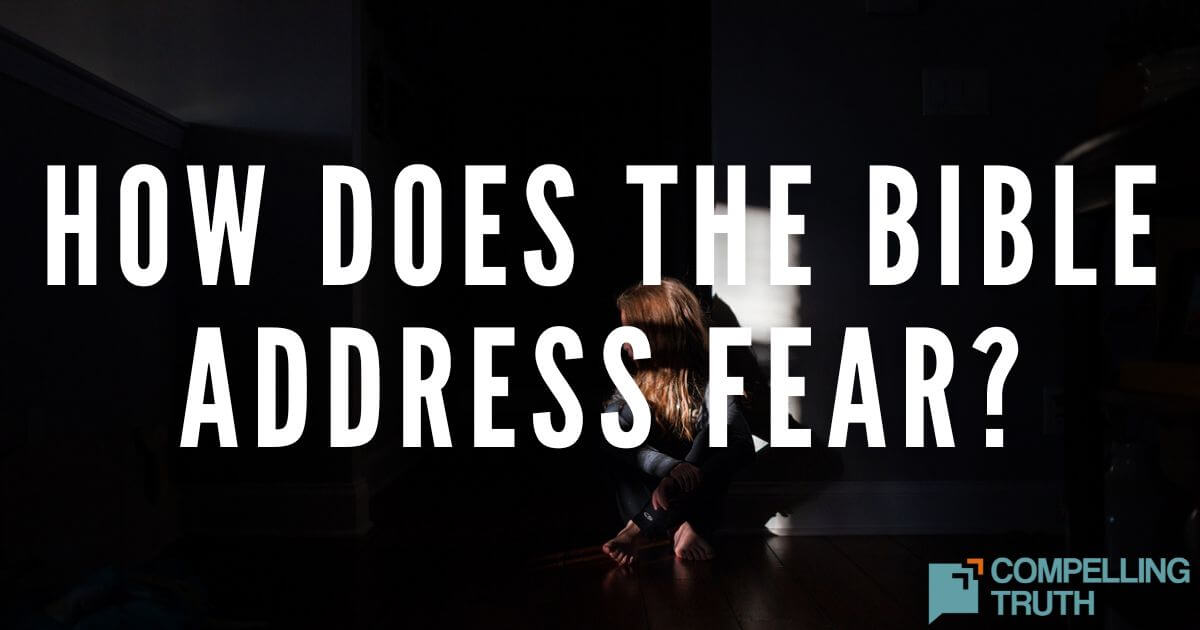First John 4:18 asserts that "perfect love casts out fear.” The Old Testament provides many examples of believers, such as Daniel and David, whose confidence in God’s love for them helped them to overcome fear in daunting circumstances (Daniel 3; 6; Psalm 56:11). The New Testament teaches that the perfect love of God was completed, made whole, on the cross when He sent His only Son to die for our sins (John 3:16–18; Romans 5:8; 1 John 4:9–10). Passage after passage of the New Testament shows that those who are in Christ are not condemned (John 3:17; Romans 8:1). This is why believers can be assured of salvation and have no fear of eternal judgment (Hebrews 4:16; 10:19–23; 1 John 4:17–18). God’s love is available to all who put their faith in Christ (Romans 10:13). Fear doesn’t control believers because we know that God loves us as shown by Jesus bearing our judgment on the cross (2 Corinthians 5:17–21).
Hebrews 9:27 says, “it is appointed for man to die once, and after that comes judgment” (see also Hebrews 4:12–13; 2 Peter 3:9–10; Revelation 11:18). The reality that there is a judgment day may fill some with fear, but believers need not fear because of what Christ has done for us. First Thessalonians 5:9–10 encourages, “For God has not destined us for wrath, but to obtain salvation through our Lord Jesus Christ, who died for us so that whether we are awake or asleep we might live with him” (see also John 3:16–18, 36). Even so, believers sometimes experience fear in this world, especially when we find ourselves in sin. The more we mature in our faith and grow in depth in relationship with God, the less we’ll fear. Things like prayer, regular Bible reading, consistent fellowship with other believers, active obedience to God’s commands, and participation in God’s work in the world help us mature in our faith (John 15:1–17; Ephesians 4:1–32; Hebrews 10:19–25). We come to understand that God is faithful when we are faithless (2 Timothy 2:13). We learn that He disciplines us in love (Hebrews 12:3–11) and walks alongside us in hardships and trials, using them to mature and sanctify us (James 1:2–4; Romans 5:2–5). The Bible shows us that Jesus has defeated sin and death and that God has given us victory through Him (1 Corinthians 15:54–58). We realize nothing can ever separate us from God's love (Romans 8:37–39; John 10:29). In short, when we come to know God, we realize we can trust Him. Fear doesn’t control us because we know Jesus has borne our judgment on the cross (2 Corinthians 5:17–21), and God is on our side (Philippians 4:4–8; 1 Peter 5:6–7).




